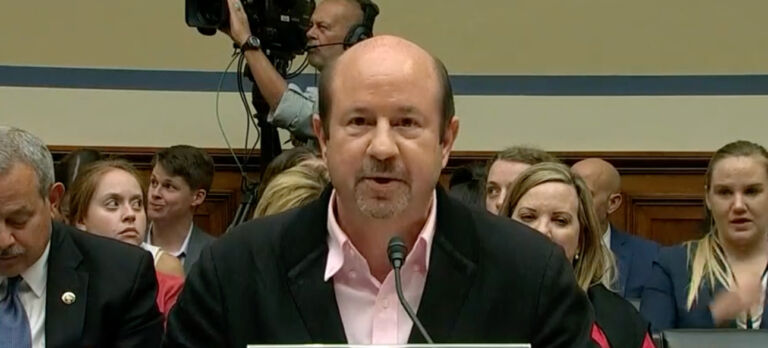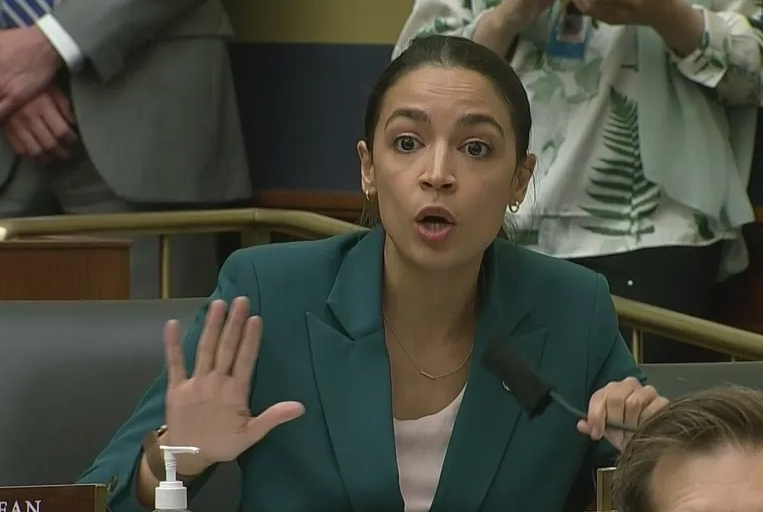Dominic Pino of National Review Online documents the publication’s ongoing support of free markets.
We aren’t ambiguous about where we stand on free markets. The 1955 mission statement from the first issue of the magazine said, “The competitive price system is indispensable to liberty and material progress.” Not nice to have. Not a good idea sometimes but requiring frequent suspension. Indispensable.
In the first monthly issue of the magazine last year, we reiterated our position: “Economic freedom and its associated elements—the rule of law, property rights, and social trust—are necessary to a free, just, and vibrant society that has ample opportunity for individual advancement.” Not optional. Not helpful with fine-tuning from government. Necessary. …
… This stance on markets I just mentioned has never been a popular one. Self-described populists on the left and the right frequently assail advocates of free markets as either dupes or knowing accomplices of plutocrats. Never mind that large corporations are often enemies of free markets, using their influence to seek government privileges and in some cases backing the so-called populist groups pushing greater regulations.
Partly because of effective conservative political activism over the past 75 years, organized labor is nowhere near the power it once was. But it still lurks, especially in the public sector, where it pushes massive state- and local-government spending and wields outsize influence on elections. And the rest of the media parrot union talking points as “pro-worker,” despite 90 percent of American workers not being union members and plenty of the remaining 10 percent still wanting out.
Where big business or big labor team up with big government, freedom is sure to come under attack. This is something William F. Buckley Jr. understood well, writing in the conclusion to Up from Liberalism, “I will not willingly cede more power to anyone, not to the state, not to General Motors, not to the CIO.” Federal labor law already puts the government’s thumb on the scale in favor of unions, and corporations stray from their profit-making duties to pursue political programs they believe will earn them favor with government.


